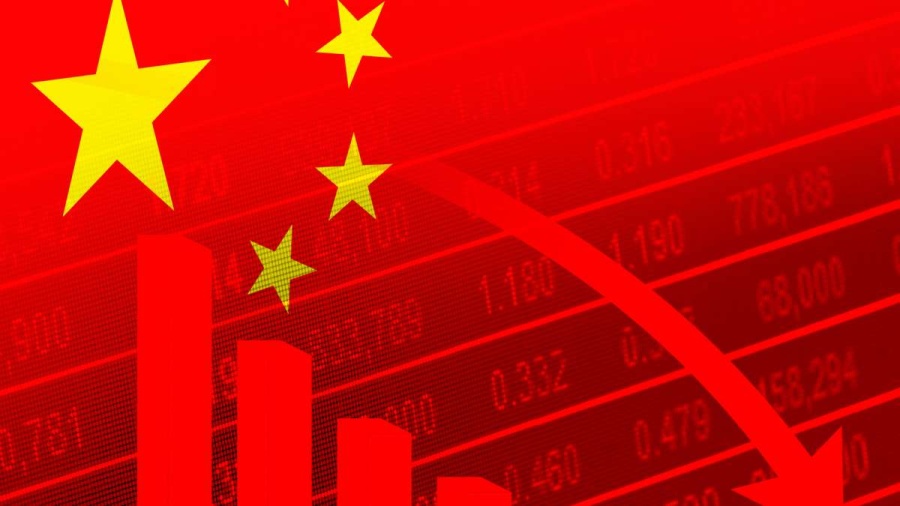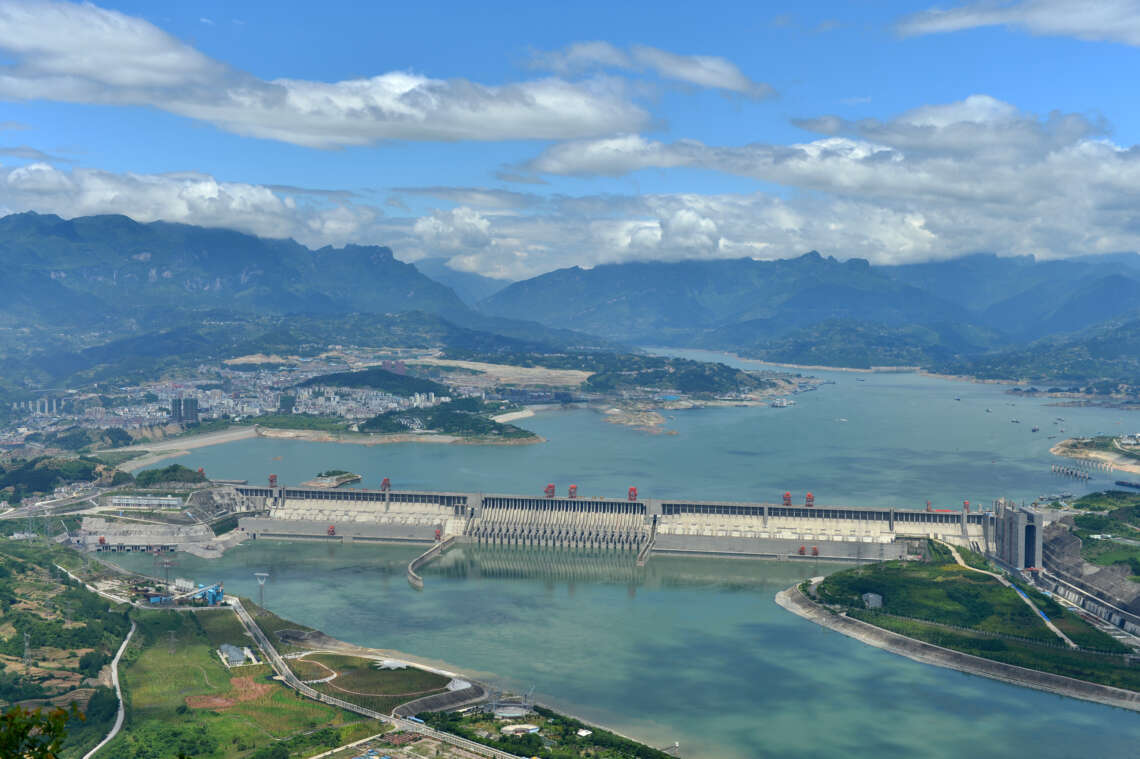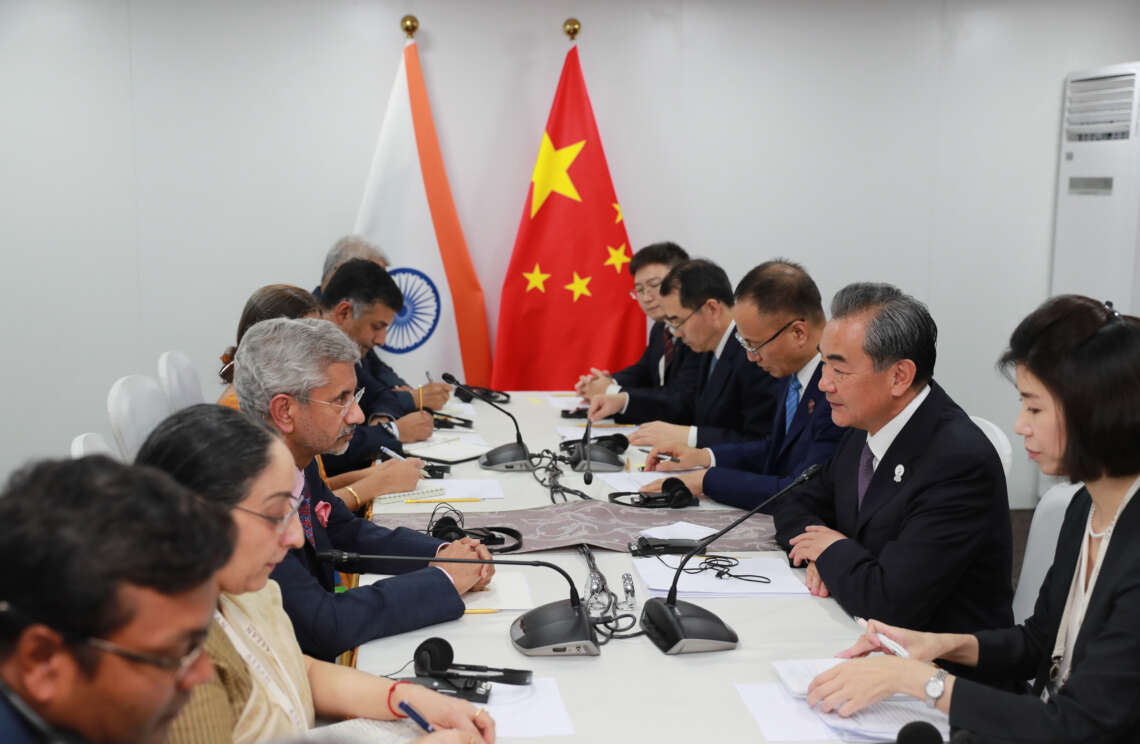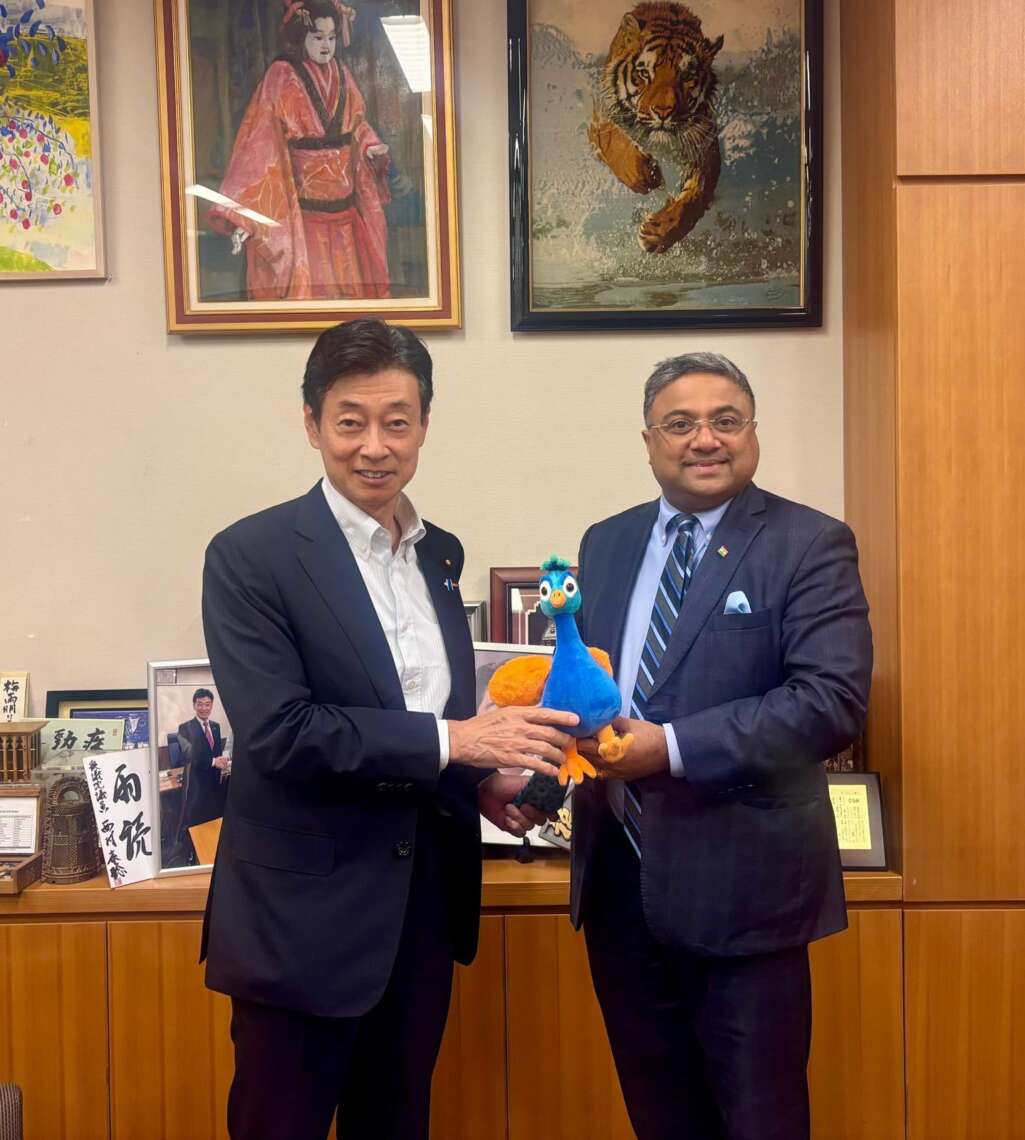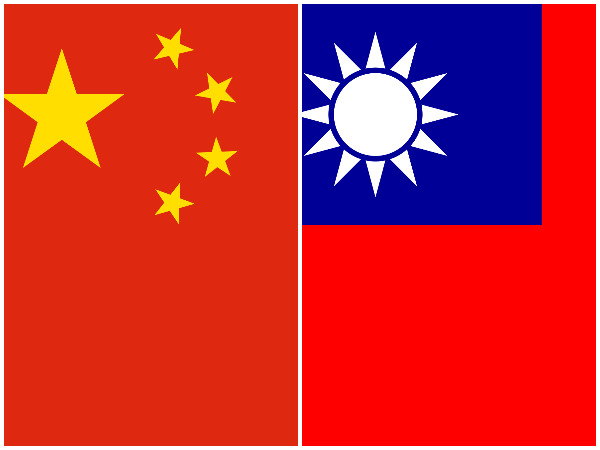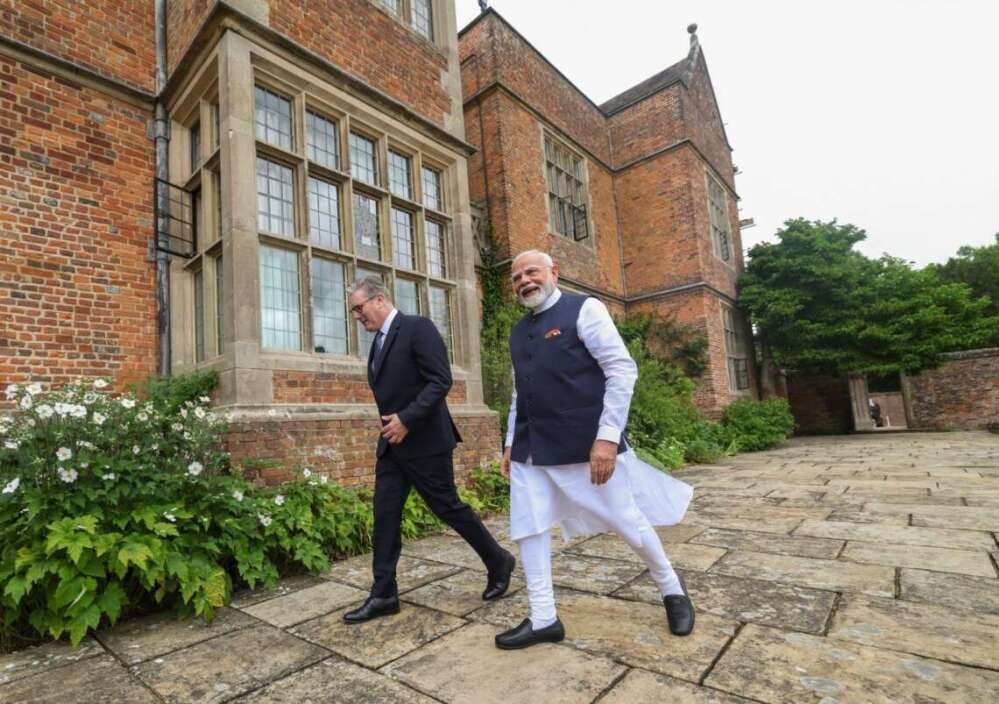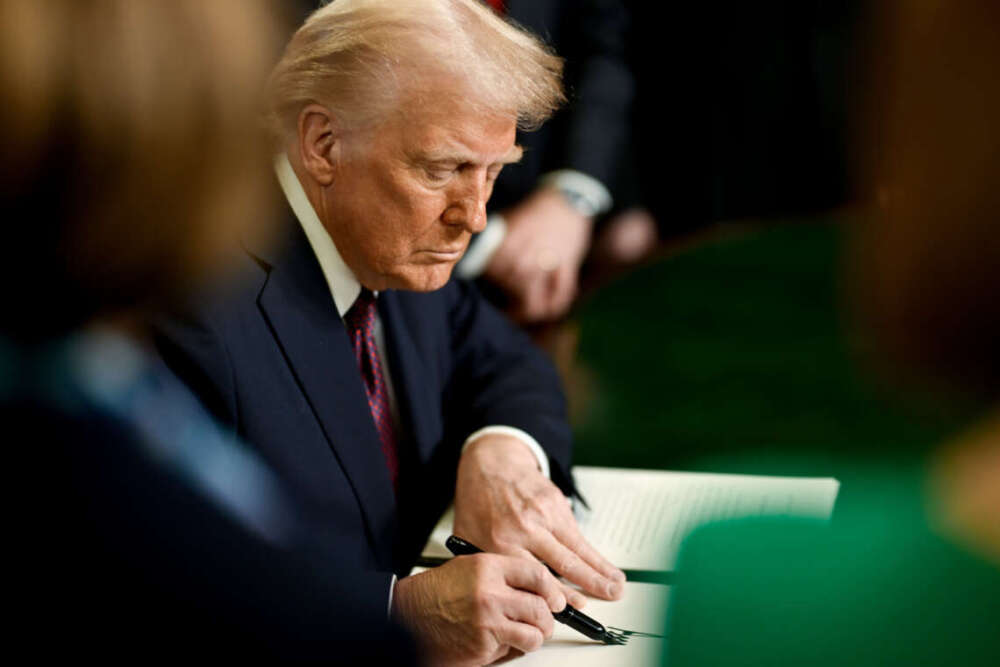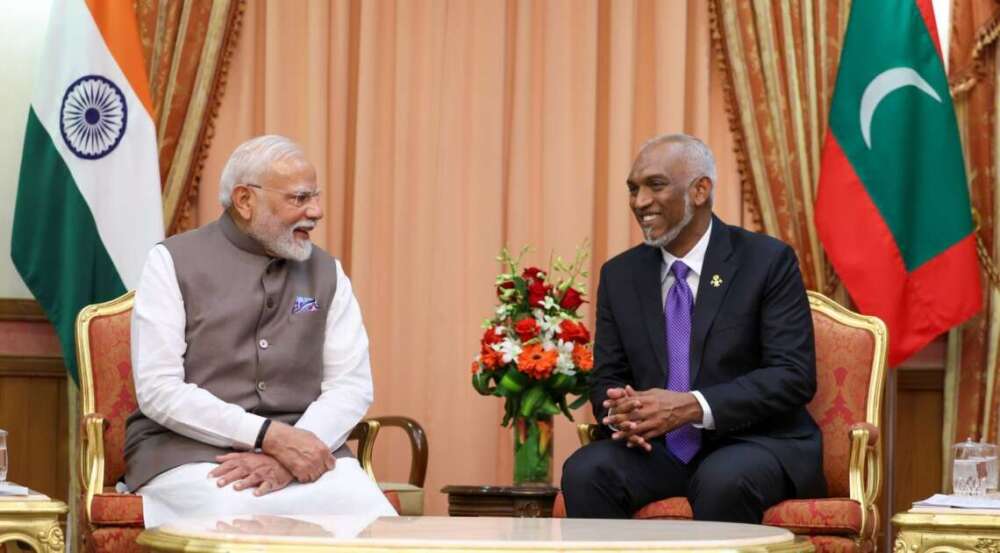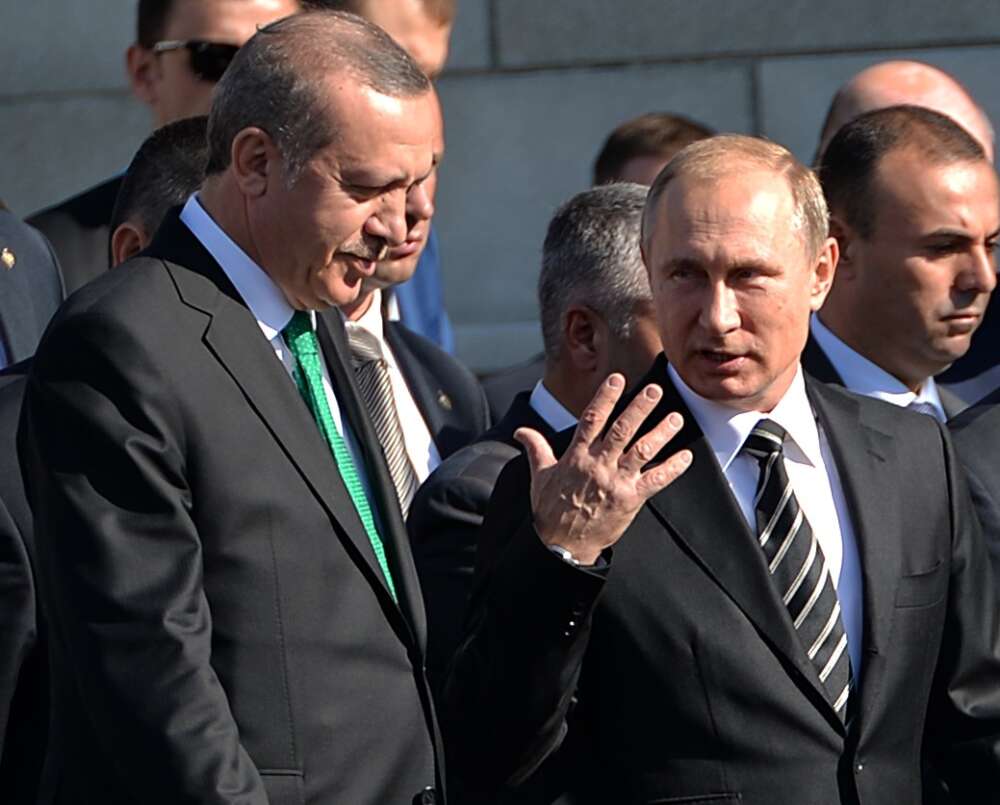This drop in investment has caused significant difficulties for Japanese automakers…reports Asian Lite News
Japanese companies currently operational in China are increasingly pulling their operations away from the country, with capital investments of Japan’s subsidiaries in China declining for the seventh consecutive quarter.
This shift by Japanese automakers began as competition in China intensified, particularly affecting components and other parts of the supply chain. Japanese firms’ investments in China, including Hong Kong, dropped by 16 per cent year-on-year in dollar terms in the April-June period, according to an analysis of a Ministry of Economy, Trade, and Industry (METI) survey, Nikkei Asia reported.
This drop in investment has caused significant difficulties for Japanese automakers. Chinese subsidiaries in the transportation equipment industry have seen year-on-year quarterly revenue declines of more than 20 per cent since the start of 2023.
The METI survey, cited in the Nikkei Asia report, covered around 5,300 overseas subsidiaries of manufacturing companies in which Japanese firms hold a majority share (50 per cent or more). Japan’s share of overseas investment in China was noted at 13.6 per cent, reportedly lower than Europe’s share.
Investments by overseas subsidiaries in China dropped by five percentage points compared to the April-June quarter of 2019. China remains Japan’s second-largest export destination and its top supplier of imports, while Japan ranks behind Europe in both categories, the official report by Nikkei Asia stated.
Nissan closed a plant in Changzhou in June, which had an annual production capacity of 130,000 units, representing 10 per cent of the company’s total output in China. The company is also considering reducing capacity at other plants within China.
Similarly, Honda Motors announced in July that it would close a factory in Guangdong province and suspend production at another factory in Hubei province. These cutbacks are also affecting businesses involved in parts and materials production.
For instance, Honda-affiliated J-MAX has sold part of a plant in Guangzhou and is planning further reductions in production facilities in Wuhan province.
The report also mentioned that Alpha, a company specialising in car keys and other products, plans to dissolve its Hubei-based subsidiary by March and consolidate its production capacity. Furthermore, electrical equipment manufacturer Fujikura closed a wire harness factory in 2023, moving operations to a single plant.
Meanwhile, Nippon Steel, a material manufacturer, has decided to withdraw from a joint venture with Baoshan Iron & Steel, a subsidiary of China’s state-owned Baowu Steel Group. This move is expected to reduce local production capacity by 70 per cent. (ANI)
ALSO READ: Philippines slams China for attacking Vietnamese fishermen


